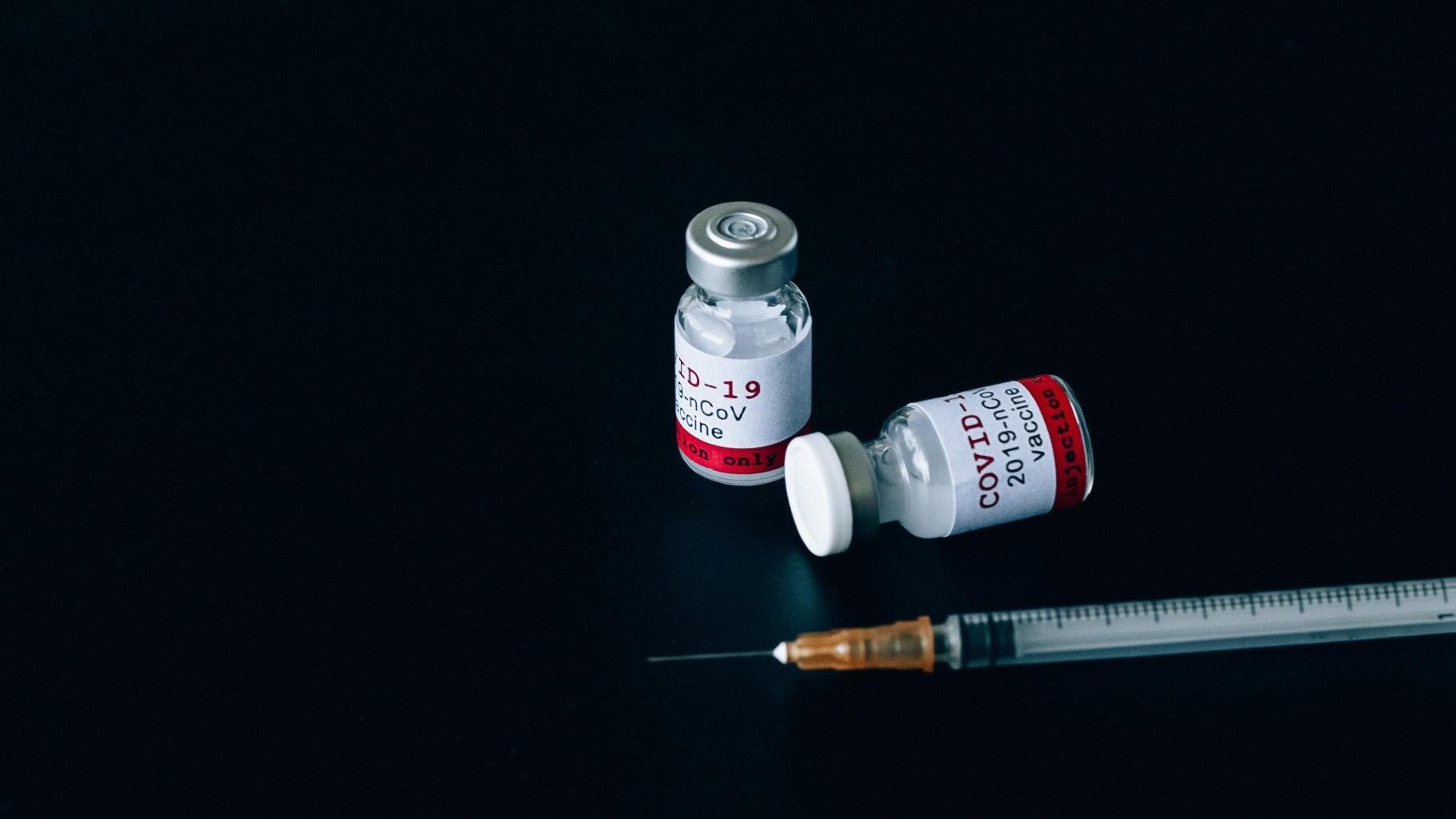 (Nataliya Vaitkevich / Pexels)
(Nataliya Vaitkevich / Pexels)
The rate of Chicagoans getting the latest COVID-19 vaccine has been slower than for the bivalent booster released last fall, according to a Thursday news release from the Chicago Department of Public Health.
About 66,900 Chicagoans, or 2.4% of the city population, have received the new vaccine since updated COVID-19 vaccines were recommended in mid-September, CDPH reports.
Dr. Jeffrey Linder, chief of general internal medicine at the Northwestern University Feinberg School of Medicine, said that availability of the vaccine so far could be part of the reason for the slow vaccine rollout.
For instance, he said, select urgent care sites at Northwestern Medicine only started to offer the latest COVID-19 vaccines Thursday.
It’s also the first year that vaccines are no longer purchased for everyone by the federal government, and instead, are now part of the commercial market, according to a statement from CDPH. The health department said people may need to rely on their health care coverage to decide where to get the updated vaccine.
COVID-19 might also not be at the top of many people’s minds compared to how it was at different points earlier in the pandemic, Linder said.
“I think it’s a perception that we’re kind of done with the pandemic,” Linder said. “We’re still seeing people get sick with COVID, not as sick as before, and immunity does seem to wane over time.”
The latest COVID-19 vaccine recommended this fall offers protection against current circulating strains of the virus. The CDC recommends the updated COVID-19 vaccine for everyone 6 months and older.
Cook County is at a low level for COVID-19 hospitalizations as of the week ending on Oct. 7, according to the Centers for Disease Control and Prevention’s COVID Data Tracker. However, city public health officials said we are likely to see increased activity of respiratory viruses in the coming weeks and months.
Older Chicagoans have been more likely to receive the latest updated vaccine than younger Chicagoans, particularly children, CDPH said.
Receiving both the COVID-19 and flu vaccines before Halloween is the best way to protect yourself and loved ones from severe illness and potential hospitalization this fall and winter, city public health officials said.
How to Get Vaccinated
Those with private insurance, Medicaid or Medicare should visit their health care provider or an in-network pharmacy to receive a vaccine. Anyone unsure which providers are in-network should call their health insurance company before getting vaccinated to avoid out-of-network charges.
COVID-19 vaccines are also available to everyone at no cost, regardless of insurance or immigration status.
Until the end of the year, CDPH will be hosting COVID-19 and flu family vaccination clinics in partnership with City Colleges of Chicago, City Hall and Chicago alderpeople. See the full schedule of clinics on the city’s website.
Those who are uninsured or under-insured can also access no-cost vaccines at retail pharmacies that are participating in the Bridge Access Program. Visit vaccines.gov or vacunas.gov (Spanish) and check the box for Bridge Access Program to find no-cost vaccines without insurance.
For homebound seniors and those with limited mobility, CDPH offers an at-home vaccination program, which operates Saturdays and Sundays from 8 a.m.-6:30 p.m. To make an appointment, call 312-746-4835 or go to chicago.gov/athome.
“Like most things in medicine, we’re playing the odds and trying to reduce people’s chances of contracting the disease and, in particular, contracting severe disease,” Linder said. “The COVID shot will do that for you.”
Contact Eunice Alpasan: @eunicealpasan | 773-509-5362 | [email protected]








